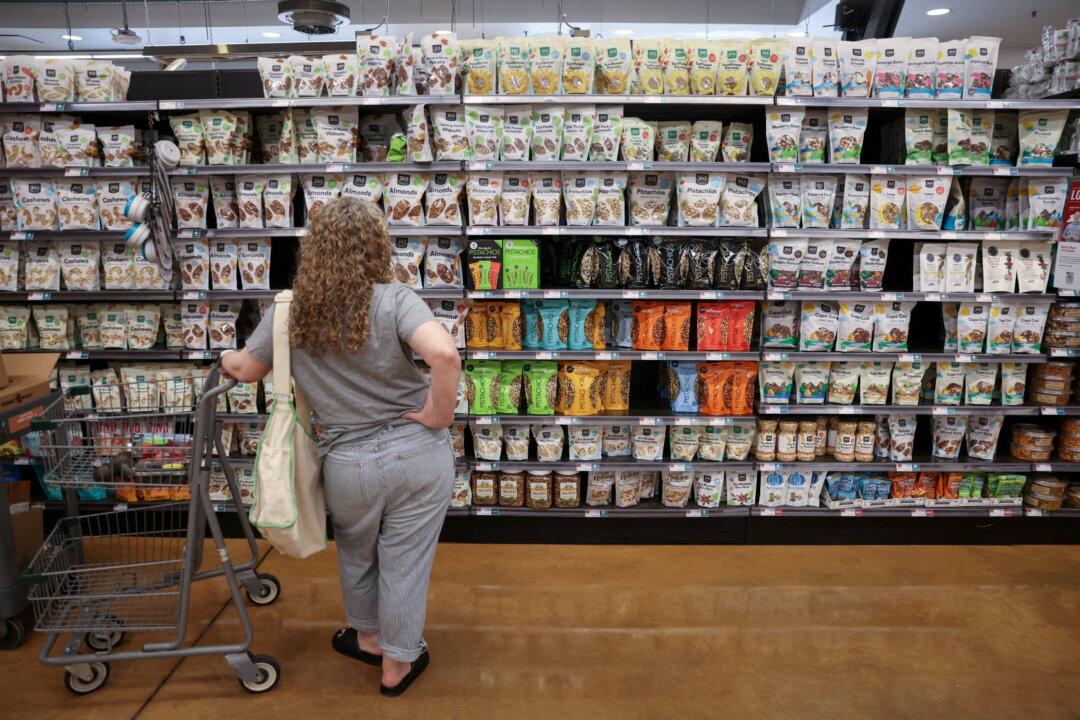Inflation expectations among American consumers fell sharply in July, according to the latest New York Federal Reserve Survey of Consumer Expectations (SCE) published on Aug. 8, suggesting that there is hope among households that sky-high prices will soon be under control.
The SCE Internet-based survey was conducted among a rotating panel of approximately 1,300 household heads, and the results are closely watched by the Federal Reserve as it determines how to respond to the inflation crisis.




